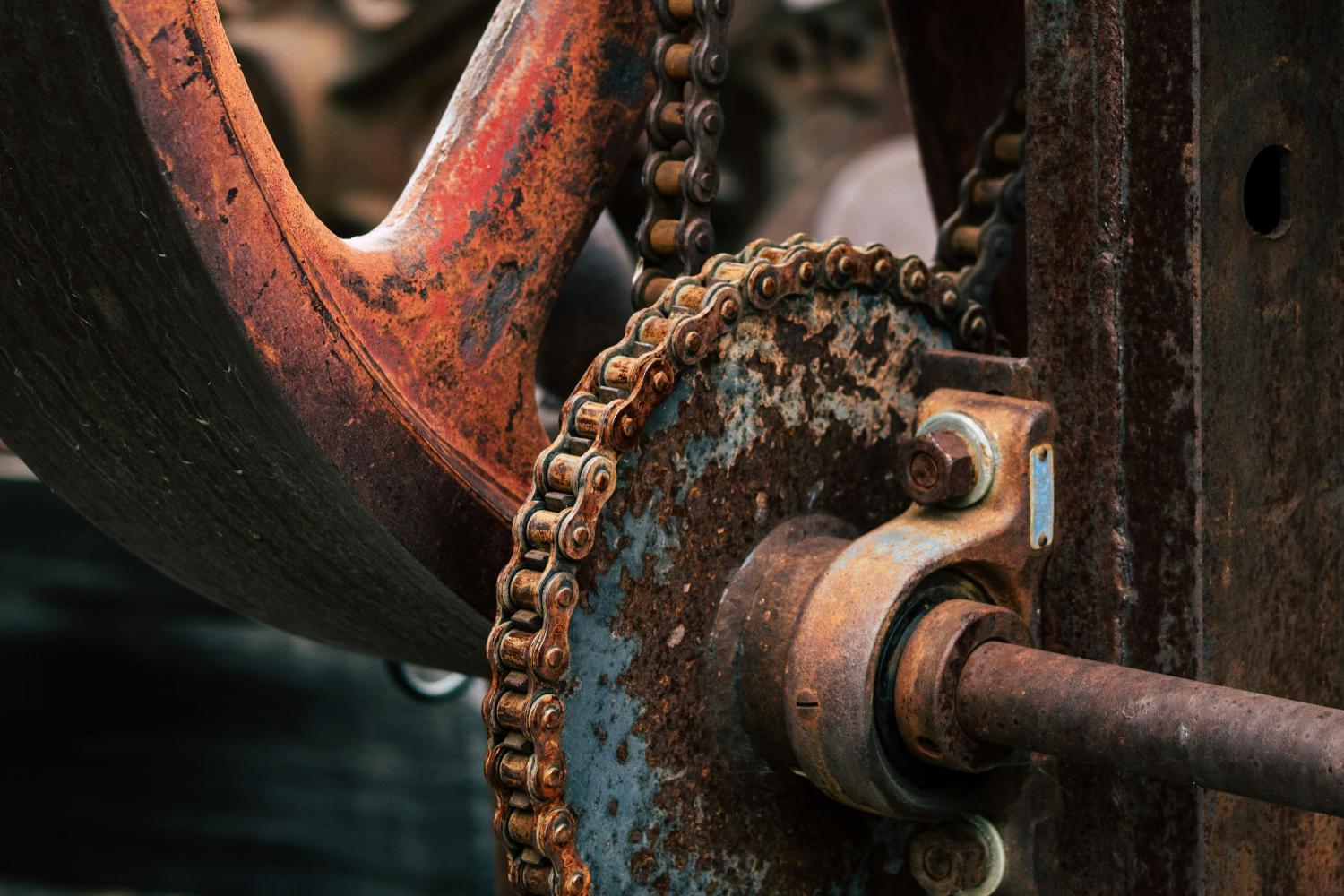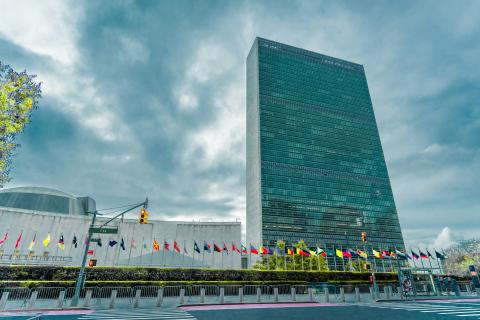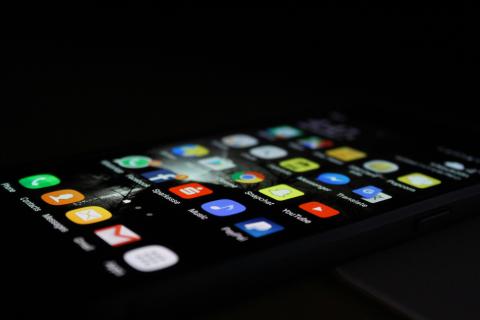
GPT-5, the latest model of ChatGPT, has arrived to the A.I. scene to some sighs of disappointment. Sam Altman, chief executive of OpenAI (the developers of ChatGPT), had all but promised that GPT-5 “could be tantamount to artificial general intelligence – A.I. that is as smart and flexible as any human expert.” Instead, what he released is a model that’s still bafflingly buggy: “it failed some simple math questions, couldn’t count reliably and sometimes provided absurd answers to old riddles,” wrote Gary Marcus, an expert and entrepreneur in A.I., for the New York Times.
The disappointment seems merited. A few months ago, Altman published a blog post that’s bold in its optimism. “We are past the event horizon,” he wrote, “the takeoff has started. Humanity is close to building digital superintelligence … In some big sense, ChatGPT is already more powerful than any human who has ever lived.”
His claims raise some big questions, most obviously this one: is he right? Could we eventually have a “digital superintelligence” that verges on being essentially human, perhaps even more than human? Or are claims like his worth shrugging off, likely to be forever haunted by Marcus’s specter of disappointment?
On one hand, these questions are pointedly technical ones. How to take advances in A.I. as far as they will go, as a kind of information technology help, is one fairly interesting, complex, but mostly practical part of the equation. Marcus’s article digs deep into that side of things, considering what technology A.I. engineers need to turn to next to keep A.I. advancing. Intriguing, but not necessarily species-redefining.
As for the species-redefining: there are, though, ideological, anthropological ideas at play here nonetheless. Altman’s optimism, in its extreme form, is relying on (and reinforcing) an implicit view of what human beings are and where we’ve come from, even more than it is an understanding of what technology is and what it’s capable of. For if human beings arose through merely natural processes, then we are, in many ways, simply organic computers: we’re capable of sophisticated and highly efficient reasoning, decision-making behavior, and relational investments, all of which are highly complex developments, sure, but still little more than the result of advanced physical or mechanical processes. So, if we can just find a way to replicate some of the complexity of those processes – if we can just identify and assemble those advancements in an artificial bot – then there should be no reason why computers can’t do what we do. Consciousness, self-consciousness, personality, all those things that we think of as most human: they simply arose at a certain level of evolutionary sophistication. So they’re bound to arise in A.I., too.
This, of course, is a set of beliefs that’s made in faith. Whatever the science says about how far we may get in debugging A.I. on a strictly technical level, there’s not a lot of good evidence to suggest that A.I. can get as creative, as affectively attuned, or as self-reflective as human beings can. The belief that it can is one that’s held dogmatically, clung to for some other reason than what science or rational thinking has proven. Indeed, even as Altman’s blog post casts a wide net of hope for the future of A.I., it seems to rely more on a bit of “dream big” rhetoric than on scientific data to do so. “The rate of new wonders being achieved will be immense,” he writes, “It’s hard to even imagine today what we will have discovered by 2035.”
Lurking here, too, seems to be at least a small serving of human ambition. There’s something in the proud human mind that just tends to long to be creator. We fantasize about it in ways that often turn out to be silly, from a scientific point of view, and yet we still get captivated by the possibility of being able to say: “I’m responsible for that; I brought that into being; I created the most powerful thing that’s ever ‘lived.’”
Our creaturehood, then, turns out to be the source of both our humility and our glory. The truth is that no simply natural process will be able to bring about the human soul and spirit. We cannot be creator in that way, whatever our fallen ambition tells us. And yet, what a marvel that limitation on our humanity makes us: that who and what we are is so far beyond the imagining and artifice of even our most clever minds. That who and what we are is the carefully crafted handiwork of the Almighty God, and the Almighty God alone.
With the canonization of Blessed Carlo Acutis fast approaching, subscribers to the Hallow app are invited to explore Msgr. James Shea's five-part series of short reflections on Carlo's life.


